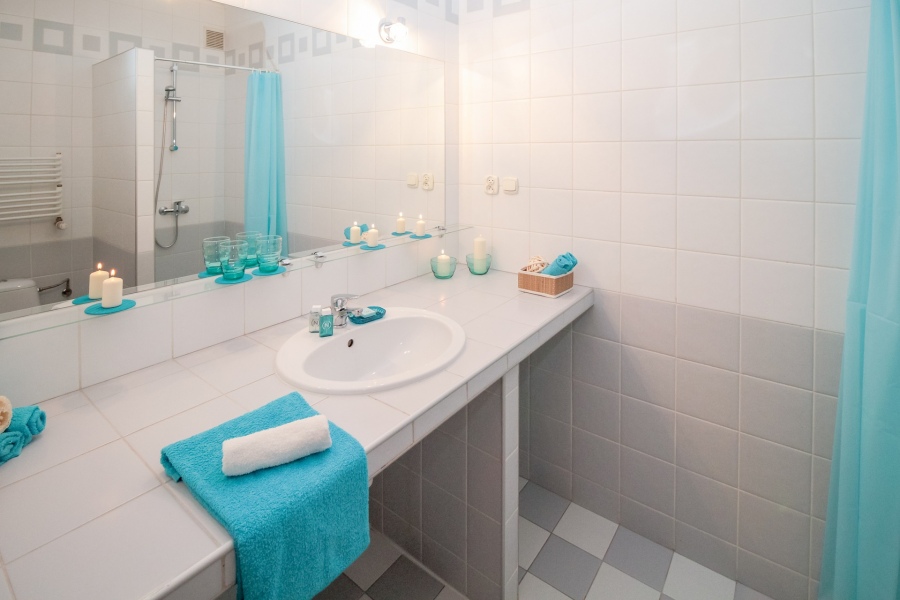When one thinks of fine British china tableware, or even any tableware for the matter, one name instantly springs to mind: Wedgwood. The Wedgwood company have been producing outstandingly well-made and decorated pottery and porcelain since the middle of the 18th century, making them one of the world’s oldest and most well-established firms. Here is a brief history of the beginnings of the firm and of its influential founder, Josiah Wedgwood.
From Difficult Beginnings
Josiah Wedgwood was born to a family of potters in Staffordshire in 1730 in Staffordshire. In his youth he worked in the family business as an apprentice to his older brother, Thomas. Josiah was a ‘thrower’ – a person who shapes pottery on the wheel before placing it in a kiln to be baked. This work had to be discontinued early in Josiah’s life, however, when, after a crippling bout of smallpox, he was forced to have his right leg amputated.
The Spearhead Of A Pottery Revolution
Disheartened by his illness and its results, and ejected by Thomas from the family business, Josiah spent much time thinking about what he perceived to be the deficiencies of the contemporary pottery industry. Wedgwood thought the industry had grown stagnant and lacked creativity. Recovering his spirits, he resolved to do something to change this. Working first for a local potter named John Harrison, and then eventually in his own workshop, Wedgwood set about experimenting with different techniques, materials, and designs, and soon became renowned from the quality of his china tableware.
A Great Philanthropist
Wedgwood became famous not only for the quality of his pottery, and for his introduction of ‘home-grown’ porcelain and china tableware to the domestic market (production of which had previously been limited to China), but also for his status as an innovative and philanthropic employer. As Wedgwood’s firm grew, and he began to take on large numbers of employees, he built a series of artisanal dwellings next to his factory at Etruria (near Stoke-on-Trent) in which his workers could live comfortably and decently.
A Royal Appointment
Wedgwood’s reputation as a master craftsman developed to such an extent that, in 1762, he was appointed by Queen Charlotte as the nation’s official royal potter. To commemorate this event, Wedgwood produced a line of cream china tableware branded ‘Queens Ware’, which became very popular amongst the wealthiest members of Georgian society. Demand for Wedgwood’s porcelain and earthenware even extended to the continent, where figures as esteemed as Empress Catherine II of Russia were among his patrons.
A Great Legacy
Wedgwood died on the 3rd of January 1795, leaving a prosperous business to his sons and daughters. Unfortunately, his offspring, alleged by some to have been spoilt by wealth and privilege, initially paid little attention to the needs of the business, which went into considerable deterioration in the years following Josiah’s death. However, two of his sons, recognising their duty to their Father’s legacy, took hold of the firm in the early 1800s, reviving its founding principles and re-instigating a successful trajectory for the company which continues to this very day.
A Resurgence In Popularity
Fine bone china and tableware has seen something of a resurgence in recent years, and whilst companies like Wedgewood have seen their fair share of financial ups and downs, for now at least, things seem to be on the up.
With this new found interest in china, a raft of small, niche businesses have cropped up across the country, some of which, like www.williamedwards.co.uk, produce bespoke ranges of china for the likes of The Ritz, and even HRH The Prince Of Wales, proving that the nations love of afternoon tea is likely to remain a long and enduring tradition.
Harry Price is a freelance writer and personal trainer. He enjoys training others how to embrace a healthy lifestyle and honour all that their body does for them.





